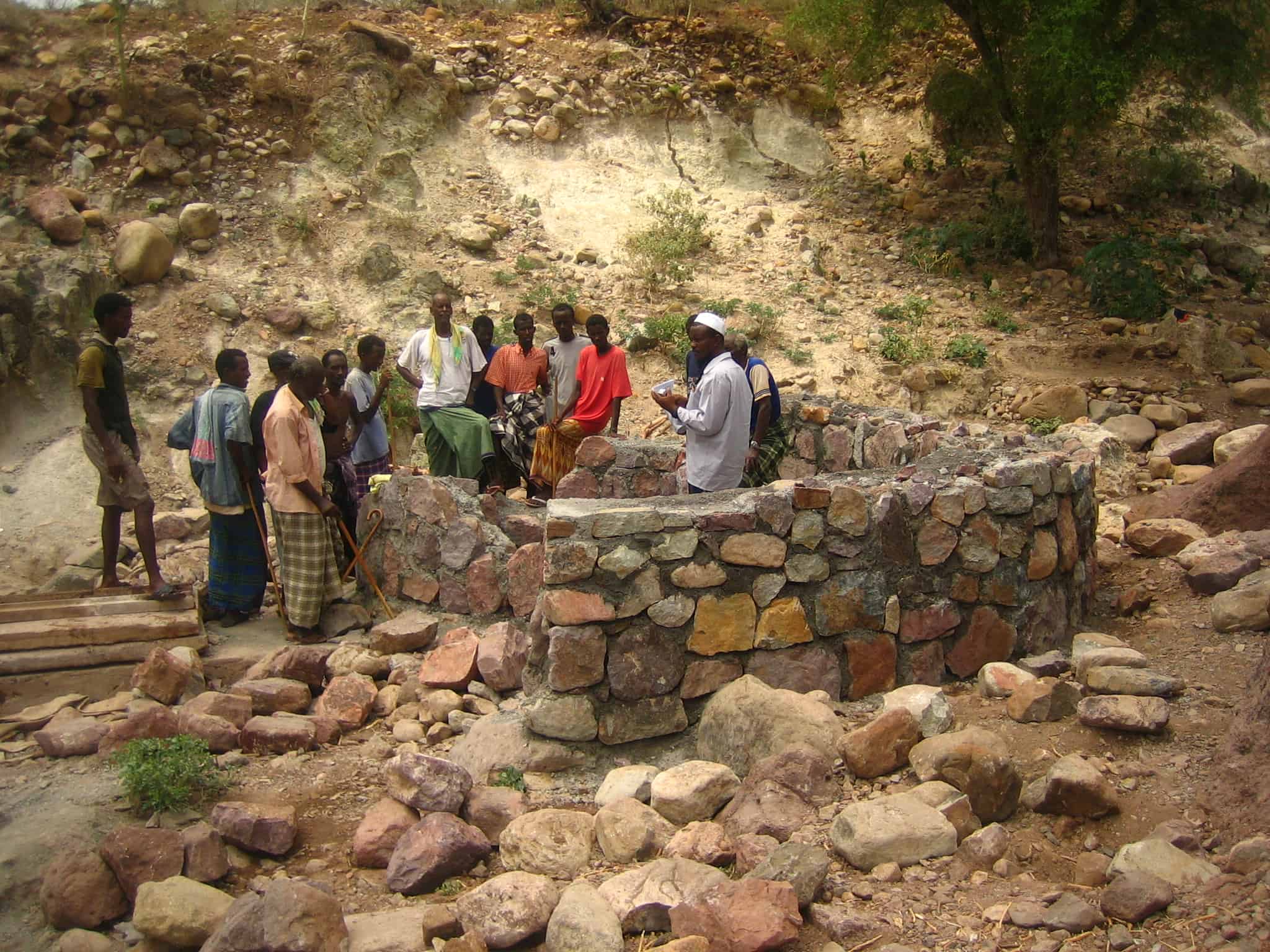 Climate change is a universal problem. Different communities, however, feel the effects in distinct ways and disadvantaged populations suffer its consequences more acutely. With about two-thirds of the world’s population projected to be in urban areas by 2050, it is vital to mitigate urban climate change challenges.
Climate change is a universal problem. Different communities, however, feel the effects in distinct ways and disadvantaged populations suffer its consequences more acutely. With about two-thirds of the world’s population projected to be in urban areas by 2050, it is vital to mitigate urban climate change challenges.
JSI recognizes the interconnectedness of city policies and citizen action. Our approach to supporting sustainable, livable, and inclusive urban growth consists of working with cross-sector government stakeholders to support effective urban planning, and increasing citizens’ awareness about the dangers of climate change and ways to take action.
Cities are a major cause of environmental change. Urban sprawl transforms landscapes, harming ecosystems and biodiversity. They are also a major contributor to global warming, as they are responsible for around 75 percent of global greenhouse gas emissions (UNEP). Other major environmental concerns that are heightened in urban areas are air pollution, waste and wastewater management, use of green spaces, and heat. JSI has worked with stakeholders from community members and leaders to city government officials to find solutions to these problems.
Read our Statement on Climate Change.
Learn more about our environmental health work in the United States.

 Climate change is a universal problem. Different communities, however, feel the effects in distinct ways and disadvantaged populations suffer its consequences more acutely. With about two-thirds of the world’s population projected to be in urban areas by 2050, it is vital to mitigate urban climate change challenges.
Climate change is a universal problem. Different communities, however, feel the effects in distinct ways and disadvantaged populations suffer its consequences more acutely. With about two-thirds of the world’s population projected to be in urban areas by 2050, it is vital to mitigate urban climate change challenges.


